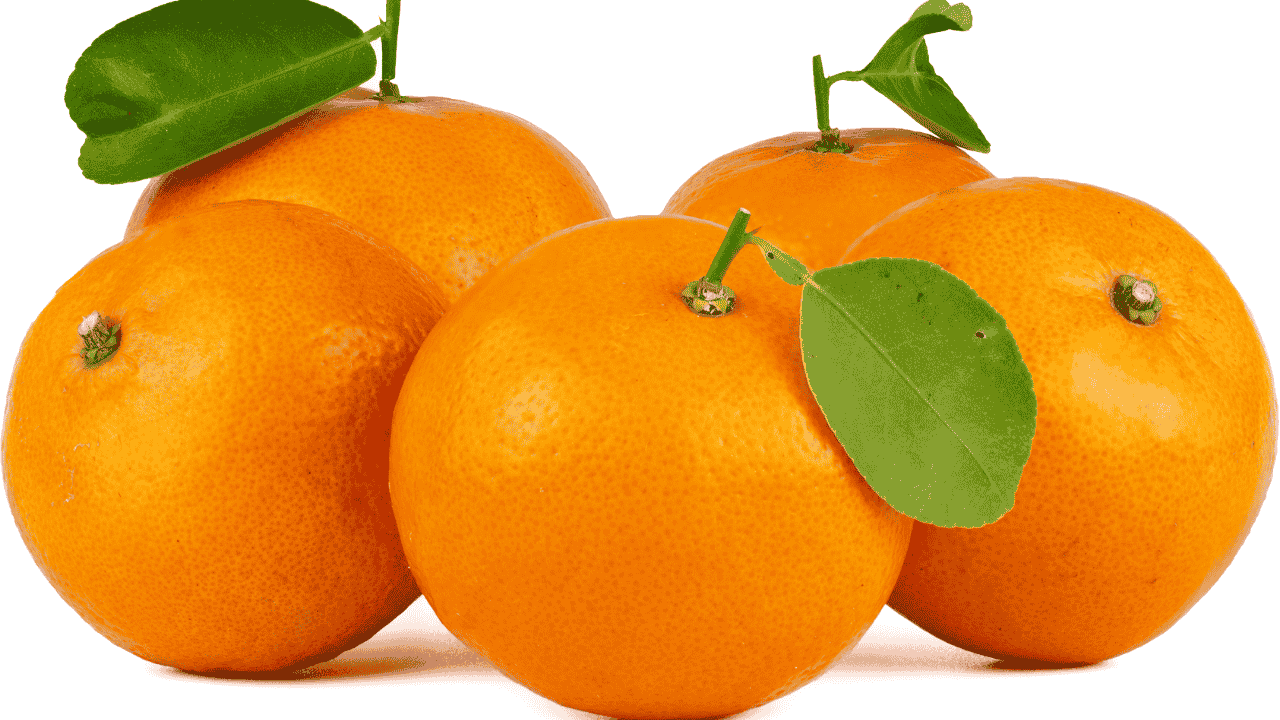By Mohsin Ali
ISLAMABAD — Pakistan’s juicy kinnow mandarins, once a winter staple on international shelves, are now facing a crisis so severe that experts warn exports could collapse completely within the next three years.
Waheed Ahmed, Patron-in-Chief of the Pakistan Fruit and Vegetables Exporters and Merchants Association (PFVA), is urging the government to act fast. He says the citrus industry needs new varieties, fresh investment in research, and stronger disease management — or risk watching the kinnow fade into irrelevance.
“Climate change and our stubborn reliance on a 60-year-old variety are pushing the kinnow sector toward collapse,” Waheed told this scribe. “If urgent steps aren’t taken, we could lose our export market altogether.”
Exports Falling Off a Cliff
The numbers tell a grim story. Just three years ago, kinnow exports brought in $225 million. Today, that figure has plunged to between $80–90 million. Half of the country’s 250 kinnow processing factories have already closed, putting at risk the livelihoods of 300,000 workers and investments worth Rs300 billion.
Other citrus-producing nations grow multiple varieties, which allows them to keep exports going for six to eight months a year. Pakistan, meanwhile, has stuck with a single decades-old kinnow, leaving its export window at just three months.
“We need at least three to four new varieties if we want to stay competitive,” Waheed said. “Our season should last from October through April, even May. Right now, we’re losing out.”
Climate Change Making It Worse
As if outdated varieties weren’t enough, climate change is piling on new challenges. Smog and fog have already cut kinnow production by up to 35%. Rising heat and shorter winters are damaging the fruit’s sweetness, juiciness, and quality — not only denting exports but also driving up local prices.
“This is only the beginning,” Waheed warned. “The future impact on production will be far worse.”
Calls for Seedless Citrus and Stronger Nurseries
Experts are calling for major reforms: modern nurseries, international consultants, and stricter disease-control laws. Without them, farmers say Pakistan will keep falling behind.
Waheed is also pushing for seedless kinnows, along with new varieties of oranges, lemons, and grapefruits. “Our kinnow has too many seeds, blemishes on the skin, and is now considered a class-2 fruit in global markets,” he said.
International Buyers Turning Away
Pakistan’s citrus once had strong demand in places like Russia, but even there, interest in smaller-sized kinnows is fading. Meanwhile, bigger markets are closing their doors altogether.
Unless Pakistan modernizes its citrus sector, Waheed fears the country’s proud kinnow legacy may soon be reduced to a bitter memory.
Author Profile






